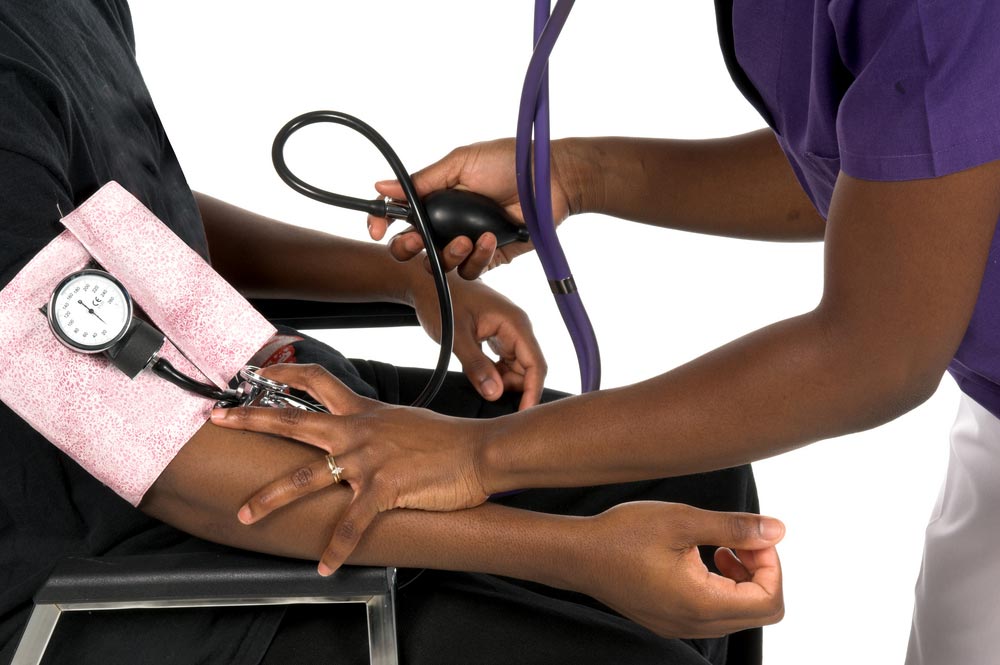High blood pressure is when your blood pressure remains abnormally high (a reading of 140/90 mm Hg or greater). It is a measure of how blood pushes against the walls of your arteries as it moves through your body. High blood pressure also known as hypertension is a major risk factor for heart diseases such as stroke and congestive heart failure. There are natural ways of controlling hypertension. This includes lifestyle changes such as exercising, losing weight, eating healthy or limiting alcohol consumption.
1. Exercise: Physical activity is crucial for controlling hypertension. Exercising about half an hour everyday can greatly reduce your blood pressure to safe levels. Talk to your doctor before developing an exercise plan to know if you need any exercise restrictions.
2. Lose weight :Weight loss reduces your insulin level and circulating leptin. This partially reduces sensitivity to these hormones and reduces activation of the sympathetic nervous system. It also decreases plasma renin level and aldosterone level. All of these factors improve condition for hypertensive patients.
3. Eat healthy: Change in diet can control your hypertension. It is essential to adopt the DASH (Dietary Approaches to Stop Hypertension) diet. This includes eating more whole grains foods, fruits and vegetables. Eating foods rich in magnesium, potassium and calcium is also part of this plan.The DASH eating plan also includes eating foods with less salt/sodium, sweets, added sugars, sugar containing beverages, fats, and red meats
4. Reduce Sodium intake: Reduction of sodium in your diet can also help with this medical condition. To help you cut back on salt intake, read foods labels to know their sodium percentages, use natural spices and herbs to flavor food instead of salt. Cutting down on processed foods such as potato chips and bacon can also help.
5. Limit alcohol consumption: Drinking alcohol in excess can elevate blood pressure and reduce the effectiveness of hypertension medications. It will also improve your health in so many ways.
6. Don’t smoke or avoid second-hand smoking: Nicotine found in tobacco products can increase the pressure level of your blood. Smoking or inhaling smoke from others puts you at risk of hypertension and other cardiovascular diseases.
7. Don’t stress: Stress can temporarily increase your hypertension. It is important to know your cause of stress and find healthy ways to deal with it.
8. Limit caffeine Intake: Drinking caffeinated beverages may increase the pressure at which the heart pumps blood. To know the effect of caffeine on you, check your blood pressure before and after drinking caffeine beverages.







